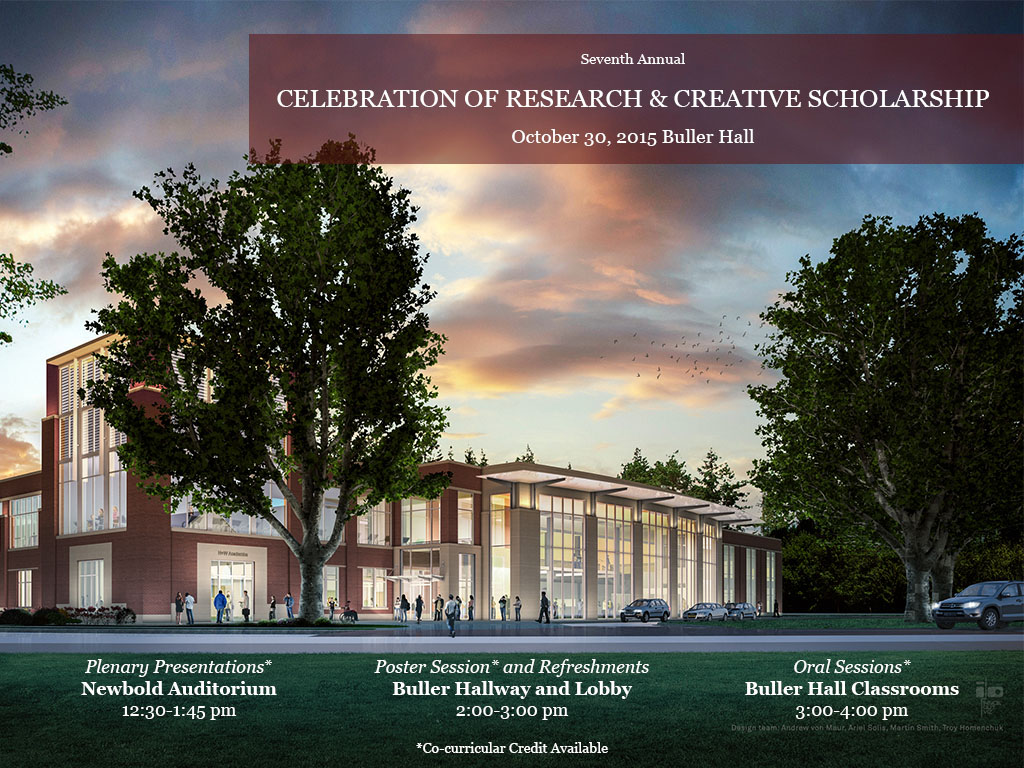P-20 Remaining Adventist: The Influence of Adventist University Experiences on Denominational Persistence
Presenter Status
Professor, Department of Teaching, Learning and Curriculum
Second Presenter Status
Research Assistant, Department of Teaching, Learning and Curriculum
Third Presenter Status
Assistant Professor, Department of Education
Fourth Presenter Status
Research Assistant, Department of Teaching, Learning and Curriculum
Fifth Presenter Status
Graduate Student, Department of Leadership
Sixth Presenter Status
Chair, Department of Nursing
Seventh Presenter Status
Graduate Student, Department of Teaching, Learning and Curriculum
Eighth Presenter Status
PhD Student, Department of Teaching, Learning and Curriculum
Ninth Presenter Status
Professor of Leadership and Higher Education, Department of Leadership
Tenth Presenter Status
Assistant Professor, School of Allied Health Professions
Eleventh Presenter Status
Associate Professor and Clinical Mental Health Counseling Program Coordinator, Department of Graduate Psychology & Counseling
Preferred Session
Poster Session
Start Date
30-10-2015 2:00 PM
End Date
30-10-2015 3:00 PM
Presentation Abstract
Seventh-day Adventists leave the church in many locations around the world. Researchers have investigated reasons for this exodus, but few have investigated individuals’ denominational persistence. The purpose of this study is to develop a theory to explain a person’s decision to remain a member of the Adventist church. This study uses a qualitative grounded theory research design. The purpose of grounded theory is to develop, not to test, a theory. Semi-structured interviews have been conducted with 30 persons who (1) started university as Adventists, (2) attended an NAD university, and (3) currently self-identify as a Seventh-day Adventist. We analyzed these interviews with several types and rounds of coding to identify life experiences that contribute to denominational persistence.
At this time, we have created five, tentative theoretical propositions.
-
Positive relationships within the church help members choose to stay in the church.
-
Beliefs must be intentionally internalized and revisited over time.
-
The number and quality of connections a person has with God or the church contribute to a person’s decision to remain Adventist.
-
Active engagement in church and ministry contribute to a person’s decision to remain Adventist.
-
Spending time in a distinctive Adventist learning environment contributes to a person’s choice to remain Adventist.
We will refine these propositions and add others as analysis continues and we conduct interviews with alumni who are no longer Adventists. A final theory will emerge by the end of this academic year and be shared next year and in publication.
P-20 Remaining Adventist: The Influence of Adventist University Experiences on Denominational Persistence
Seventh-day Adventists leave the church in many locations around the world. Researchers have investigated reasons for this exodus, but few have investigated individuals’ denominational persistence. The purpose of this study is to develop a theory to explain a person’s decision to remain a member of the Adventist church. This study uses a qualitative grounded theory research design. The purpose of grounded theory is to develop, not to test, a theory. Semi-structured interviews have been conducted with 30 persons who (1) started university as Adventists, (2) attended an NAD university, and (3) currently self-identify as a Seventh-day Adventist. We analyzed these interviews with several types and rounds of coding to identify life experiences that contribute to denominational persistence.
At this time, we have created five, tentative theoretical propositions.
-
Positive relationships within the church help members choose to stay in the church.
-
Beliefs must be intentionally internalized and revisited over time.
-
The number and quality of connections a person has with God or the church contribute to a person’s decision to remain Adventist.
-
Active engagement in church and ministry contribute to a person’s decision to remain Adventist.
-
Spending time in a distinctive Adventist learning environment contributes to a person’s choice to remain Adventist.
We will refine these propositions and add others as analysis continues and we conduct interviews with alumni who are no longer Adventists. A final theory will emerge by the end of this academic year and be shared next year and in publication.




Acknowledgments
This research was supported by an Andrews University Faculty Research Grant, with additional funding provided by the General Conference Office of Statistics, Archives, and Research, and the North American Division Office of Strategic Planning and Assessment.